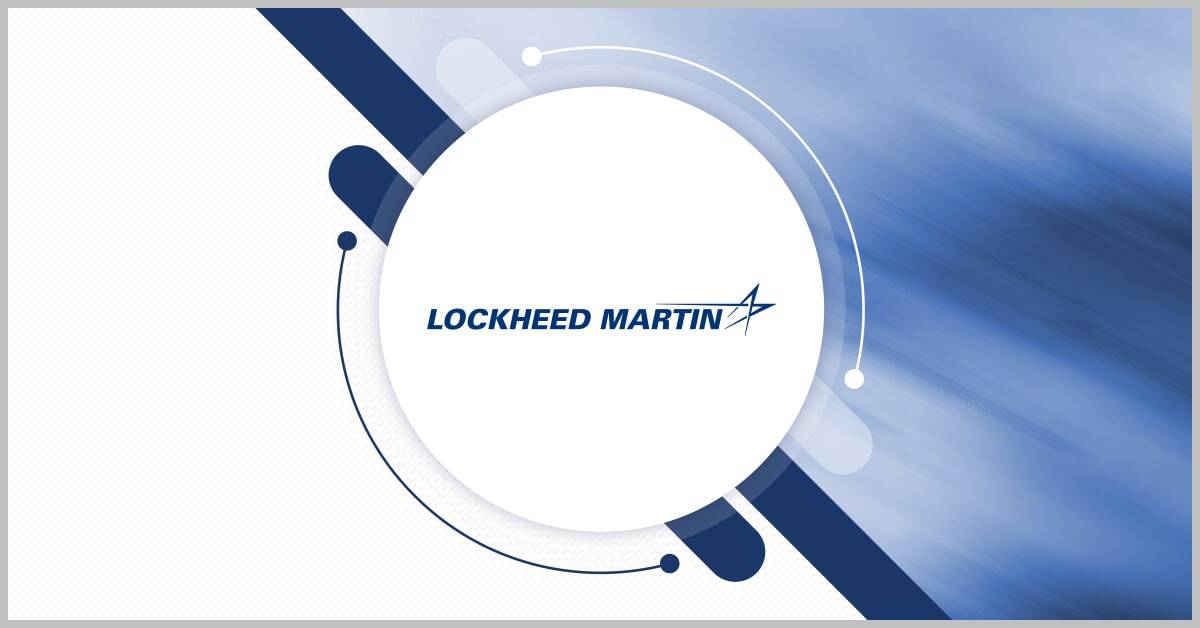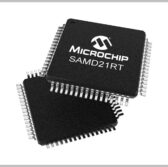To gain equal footing in the government contracting sector, small business owners must understand the different types of government contracts for small businesses. It helps them identify opportunities based on their capabilities and develop long-term strategies to increase their chances of success in the federal marketplace.
Find out about the common types of government contracts for small businesses, eligibility requirements, and federal initiatives supporting small business growth.
What Qualifies as a Small Business in Government Contracting?
To be considered a small business for government contracting programs, they must meet the specific size standards mandated by the Small Business Administration (SBA).
The SBA assigns size standards to different industries represented by the NAICS code. The agency considers the following as small businesses:
- Manufacturing firms with 500 employees or fewer
- Non-manufacturing companies with average annual receipts of less than $7.5 million
Exceptions to these criteria are stipulated in Title 13 Part 121.201 of the Code of Federal Regulations.
To determine if a business meets these standards, the government assesses the business size in two ways:
- By considering total income and costs of goods sold over a certain period
- By assessing the average number of employees over the last 12 calendar months, including part-time and temporary employees and domestic and foreign affiliates
The result of either method is then compared with the size standard corresponding to the business’s NAICS code.
Different Types of Government Contracts for Small Businesses

Major companies typically lead the charge in government contracting. Nevertheless, small businesses have a myriad of opportunities to thrive in the GovCon industry.
Below are the common types of government contracts for small businesses.
Set-Aside Contracts
To help small businesses grow, the government implements small business set-aside contracts. They are exclusively awarded to enterprises that meet specific eligibility requirements.
These types of government contracts for small businesses promote diversity, inclusion, and fair competition in the government contracting sector. It particularly supports minority-owned, women-owned, and veteran-owned enterprises.
Set-aside contracts are further categorized into two:
- Competitive Set-Aside Contracts – When the contract value is under $150,000, contracting officers request proposals from at least two small businesses. However, some set-aside contracts are only given to small businesses participating in SBA contracting assistance programs.
- Sole-Source Set-Aside Contracts – In certain circumstances, set-aside contracts may not undergo a competitive bidding process but are directly awarded to a single small business. Businesses must register with the System for Award Management (SAM) to participate in relevant contracting programs and qualify for sole-source contracts.
Joint Ventures
In essence, a joint venture is when two or more small businesses team up to compete for a contract award. This partnership enables small businesses to combine their resources to secure a contract that may otherwise be challenging to pursue individually.
Joint ventures among small businesses do not hinder their eligibility for set-aside contracts, provided they adhere to the SBA’s documentation requirements.
In addition, small businesses can enter a joint venture agreement with a large company, particularly those with an existing mentor-protege relationship under the SBA Mentor-Protégé program.
Government Programs That Support Small Businesses
The U.S. government supports small businesses in several ways. For example, it facilitates contracting assistance programs that help small firms engage in government contracting activities and secure major federal contracts.
Listed below are the federal programs that small businesses can participate in.
8(a) Business Development Program
Annually, the government allocates 5% of federal contracting dollars to qualified disadvantaged businesses through the 8(a) Business Development Program. It is geared towards supporting small disadvantaged businesses.
8(a) Business Development Program is a government-backed initiative that grants small businesses a nine-year 8(a) certification. The development stage spans the first four years, followed by a five-year transitional stage.
Below are the specific requirements to be eligible for the program:
- Business must qualify as a small firm
- Non-participation in the 8(a) program in the past
- 51% of the small business must be managed by socially and economically disadvantaged people, as defined in 13 Code of Federal Regulations (CFR) 124
- Personal net worth capped at $850 thousand, adjusted gross income under $400 thousand, and total assets limited to $6.5 million
Small companies owned by the following entities are also eligible to participate in the program:
- Alaska Native Corporations
- Community Development Corporations
- Indian Tribes
- Native Hawaiian Organizations
The government provides training and technical assistance to eligible participants of the program, allowing them to compete for federal contracts effectively.
Historically Underutilized Business Zones (HUBZones)
Annually, the U.S. government sets aside at least 3% of federal contracting dollars to historically underutilized business zones certified small businesses.
The HUBZone program focuses on the location of the business and its employees rather than the ownership of the business. Here are the eligibility requirements for the program:
- The business must be classified as a small business per the SBA size standards
- At least 51% of the business’s day-to-day operations should be managed by:
- U.S. citizens
- a community development corporation
- an agricultural cooperative
- an Alaska Native corporation
- a Native Hawaiian organization
- or an Indian tribe
- The main office must be situated in a HUBZone
- At least 35% of the employees reside in a HUBZone
Women-Owned Small Business Program
The government supports female business owners through the Women-Owned Small Business (WOSB) Program. It aims to provide women entrepreneurs with contracting opportunities in the federal marketplace.
To be eligible for the WOSB program, a business must meet the following criteria:
- Qualify as a small business according to the SBA size standards
- At least 51% of the company must be owned by women who are U.S. citizens
- Have women managing the business’s operations and making crucial decisions for its long-term direction
If qualified, women-owned small businesses are entitled to the following benefits:
- Access to federal funds and contracts specifically set aside for women-owned businesses
- Networking and partnership opportunities
- Client base expansion
- Tax benefits
Disabled Veterans’ Business Program
The Disabled Veterans’ Business Program (SDVOSB) aims to support veteran-owned small businesses seeking partnerships with the federal government. Each year, a minimum of 5% of all federal contracting funds is reserved for eligible SDVOSBs.
Below are the eligibility requirements for the program.
- Must be classified as a small business according to government standards
- Majority ownership and decision-making authority of the business must be held by service-disabled veterans
- In cases where permanently disabled veterans are unable to oversee their business’s daily operations, eligibility may still be granted if their spouse or appointed caregiver is actively involved in managing the business.





